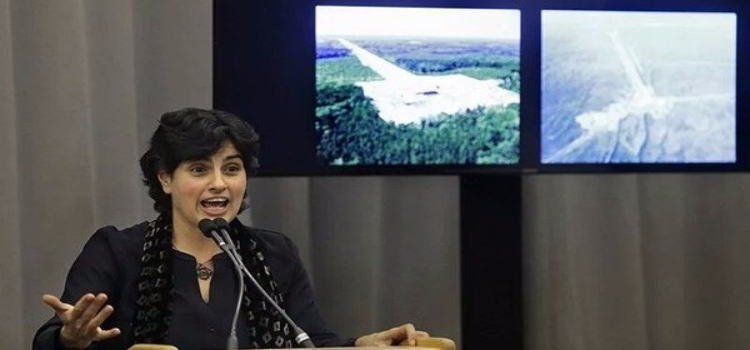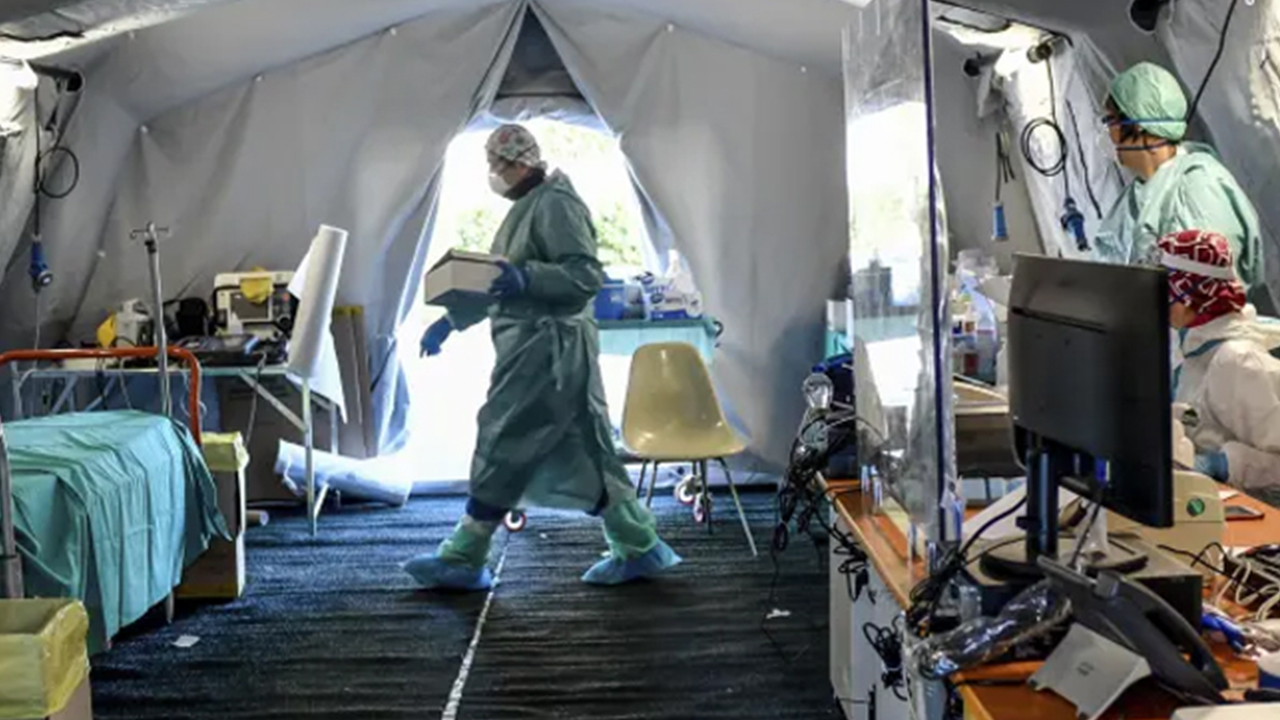Nergis Mavalvala a Pakistani-American astrophysicist, has been named as the dean of the prestigious School of Science at Massachusetts Institute of Technology (MIT).
Nergis Mavalvala has been named as the new dean for the prestigious School of Sciences replacing Mr Michael Sipse at MIT, USA.
Born in Lahore, Nergis Mavalvala is a Pakistan-American astrophysicist currently teaching at MIT as Curtis and Kathleen Marble Professor of Astrophysics.
Nergis Mavalvala is known for her pioneering work in gravitational-wave detection as as a leading member of the Laser Interferometer Gravitational-Wave Observatory (LIGO).
Mavalvala has been has been the serving as the associate head of the Department of Physics at MIT since 2015, she is the first woman to be named as MIT’s dean of School of Science.
“Nergis’s brilliance as a researcher and educator speaks eloquently for itself. What excites me equally about her appointment as dean are the qualities I have seen in her as a leader,” said MIT President L. Rafael Reif.
She is a deft, collaborative problem-solver, a wise and generous colleague, an incomparable mentor, and a champion for inclusive excellence, he added.

During her time in MIT, Mavalvala oversaw the department’s academic programming and student well-being. She implemented new, more flexible doctoral requirements and exams, and expanded the department’s digital learning portfolio with the development of online versions for a number of core subjects.
She also introduced changes to the department’s undergraduate and graduate advising, and helped to set in motion an extensive mentoring program.
Expressing her views on the development, Nergis Mavalvala stated that MIT is one of the top places in the world for doing cutting-edge science and that she, along with her colleagues will continue to maintain that eminence.
“I’m awed by the number of things that Mike has done and has left in good shape. I will always be grateful for that, and plan to carry on with the many things that work well, while also continually improving what we do and how we do it, as needs and demands shift,” she said.
















































